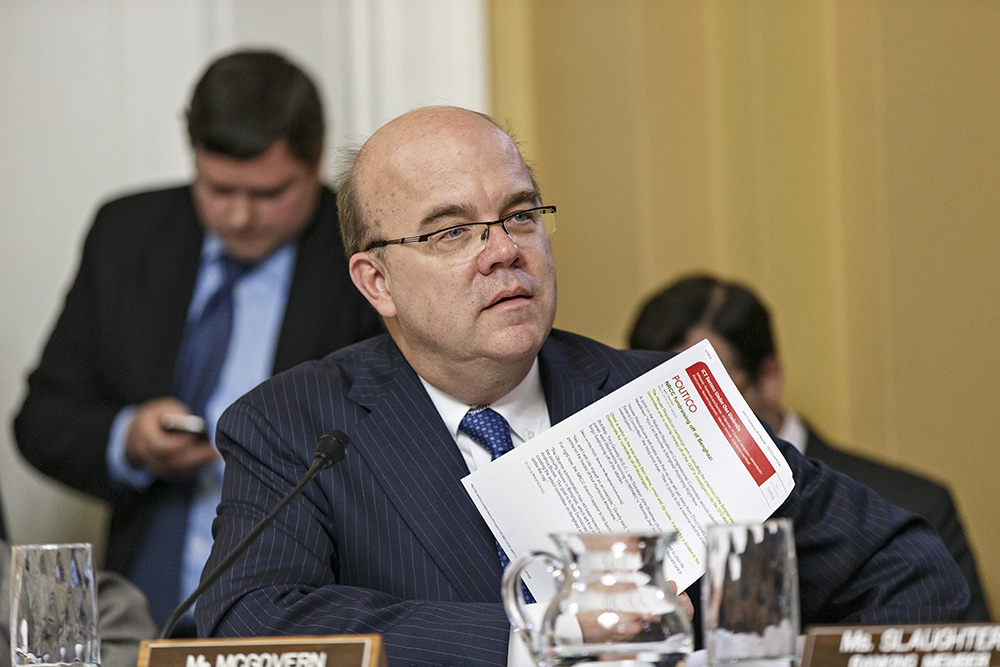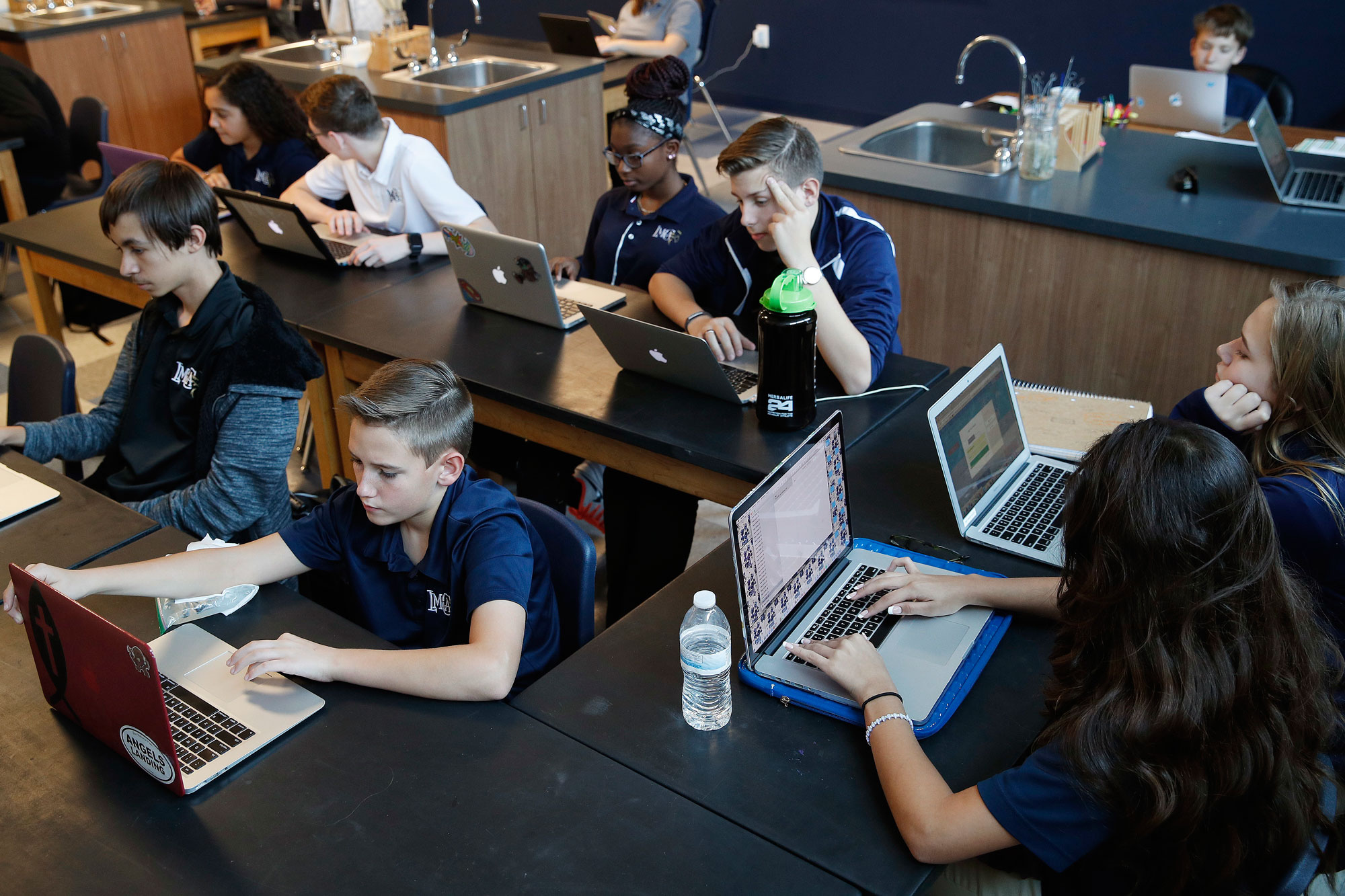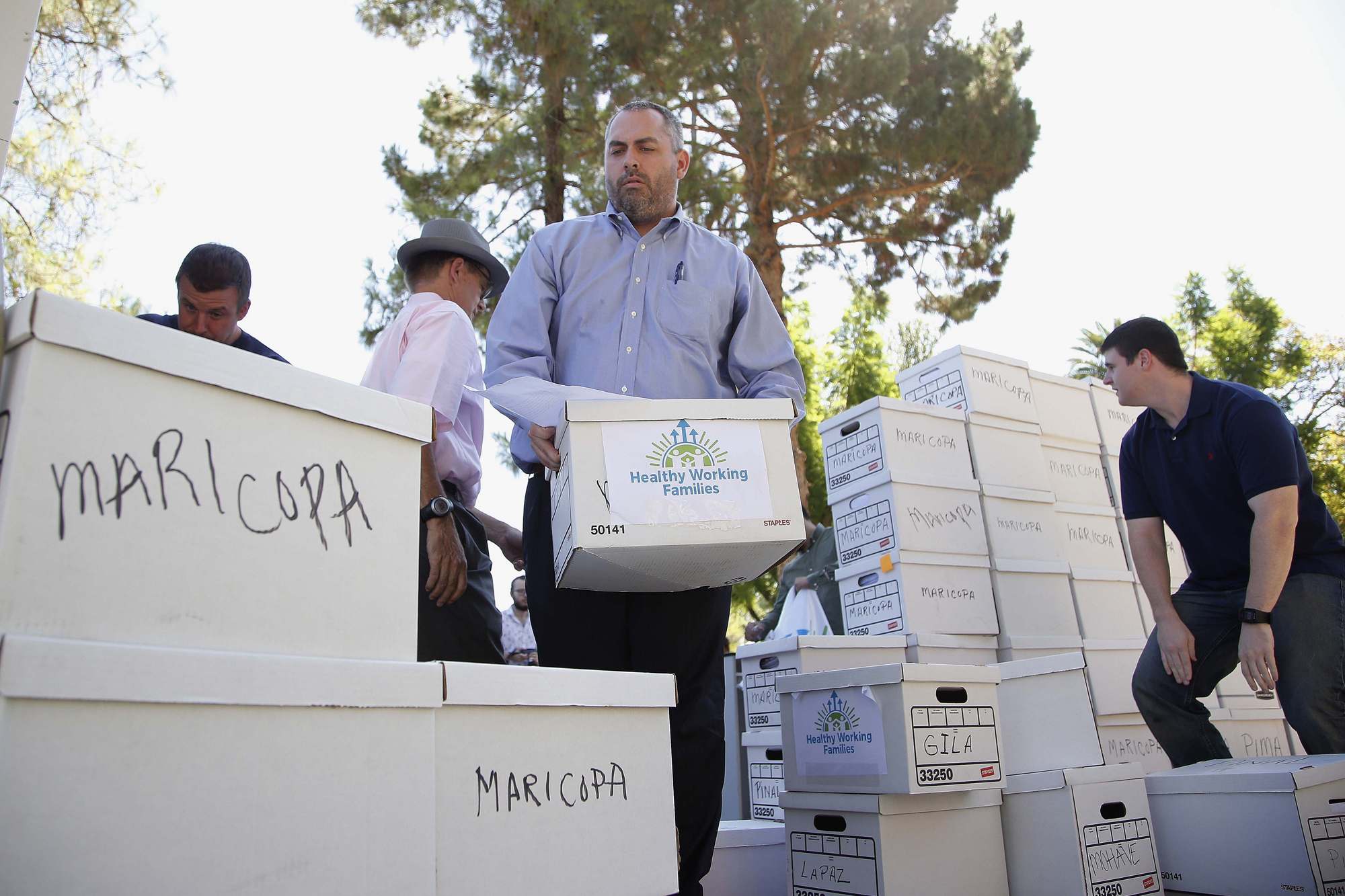In a recent interview, Congressman Jim McGovern (D-MA) described the congressional Republican approach to government as “survival of the fittest.”
“If you’re well off, great, if you’re not—too bad,” he said.
McGovern is right. The congressional GOP tax bill, which is expected to win final approval today, is effectively a bid to weed out people struggling to make ends meet. It could have dire consequences for the social safety net—and for the 70 percent of us who will turn to a means-tested program like Medicaid or the Supplemental Nutrition Assistance Program (SNAP) at some point in our lives. And it could impact millions who expect to rely later in life on Medicare and Social Security.
Get TalkPoverty In Your Inbox
Think of it as a two-step project. A deficit-exploding tax giveaway to the very wealthiest corporations and individuals is step one. You cannot invest in the strategies that have been proven to help lift families out of poverty—we’ll get back to that in a moment—without adequate revenues. Not only will revenues take a hit at the federal level, but it’s expected that local and state governments will roll back investments in necessities like schools, drug treatment centers, pensions and more to lessen the tax burden on residents who will no longer be able to take the same federal tax deduction on property, state, and local income taxes.
Then, by adding $1.5 trillion to the deficit, the tax plan sets in motion the second step: in the name of deficit reduction, congressional Republicans will move to cut the programs that help Americans experiencing financial hardship have at least some shot at affording basic necessities like food, housing, health care, education, and a little dignity in our later years. Indeed, according to The Hill, House Speaker Paul Ryan intends to fast-track so-called “welfare reform” in 2018, in a bid to push it through with a simple majority. President Donald Trump is expected to sign an executive order reflecting similar priorities.
The skids for these cuts have been greased by decades of lies about anti-poverty programs and their effectiveness. Conservatives usually refer to cutting the safety net as an attempt to reduce “waste, fraud, and abuse,” or end a “culture of dependence”—but in reality it’s simply looking squarely at our neighbors, demonizing them, and then turning our backs. The only thing missing is a spit in the eye for emphasis. The underlying problem is that Americans often buy into conservative rhetoric about “welfare” and an all too often complicit media. A long history of racially coded language has painted people with low incomes as undeserving of assistance, and there is a persistent lack of education about what our safety net is, and who it benefits. How many Americans know that more than 1 in 2 of us will experience at least a year of poverty or near-poverty during our working years?
While conservatives say that people are living off their food stamps, few Americans know that the average benefit is $1.40 per person, per meal. The notion of supporting a family on that is absurd. The public also envisions extensive subsidized housing—it has no idea that only 1 in 4 families that qualify for federal rental assistance actually receive it, and that their average income is approximately $12,500 per year. They think people are getting “free cash,” but cash assistance (TANF) only goes to 23 of every 100 families in poverty nationwide, and the program is virtually nonexistent in many states. (It’s little surprise that a gutted TANF “block grant” is the model for what congressional Republicans would like to do with nutrition assistance, Medicaid, housing, and more—watch it lose value with inflation over the years, and watch fewer and fewer people receive it.)
It also doesn’t matter a whit to conservatives what the evidence says about the kinds of things that make a difference in people’s lives. It doesn’t seem to matter that our antipoverty programs cut poverty in half—that poverty would have been as high as nearly 30 percent in recent years without them; or that girls who had access to food stamps (SNAP) saw increases in their economic self-sufficiency as adults—including less welfare participation—compared to their disadvantaged peers who didn’t have access; or that a little assistance for children up to age 5 is associated with boosted educational performance, and increased work and earnings as adults; or that children under 13 who were able to use a housing voucher to move to a low-poverty neighborhood were 32 percent more likely to attend college and earned 31 percent more annually as young adults, compared to their peers in families that didn’t receive a voucher. Or even that expansion of Medicaid eligibility has reduced infant mortality and childhood deaths, and that children eligible for Medicaid are more likely to go on to graduate college.
You’d think some of these data would make an impression on Speaker Ryan, who is constantly clambering about the need for evidence. The fact is he simply doesn’t like the evidence he sees. When he wrote a report on the “War on Poverty” in 2014, concluding that our antipoverty investments have failed, numerous academics came forward to say that he had misrepresented their work; apparently that was the only way Ryan could support his fictitious thesis.
Ironically, despite Ryan and his conservative brethren’s concern with “dependence” on government assistance, rewarding work just doesn’t seem to register as a key antipoverty strategy. In the late 1960s, the minimum wage was enough for a full-time worker to lift a family of three out of poverty—now that same family is about $5,000 below the poverty line. But Republican leaders vote against raising the minimum wage every chance they get. (Ryan himself has voted against raising it at least 10 times since he’s been in office.) The Trump administration is also making it harder for low-wage workers to unionize, collectively bargain, enforce labor standards, or even collect the tips they receive to supplement their $2.13 an hour tipped minimum wage.
In the coming months, the fight against conservative proposals that target struggling Americans should transcend the specifics of the policy debate, much as the electoral contest between Doug Jones and Roy Moore transcended the candidates. This is a fight about who we are as a nation, and who we want to be; whether we are comfortable treating people as disposable, or whether we invest in human potential and dignity; and whether we’ll accept conservative charlatans as serious leaders on decisions that have such high stakes. All of the evidence suggests we should reject them.
This article was produced in partnership with The Nation.










